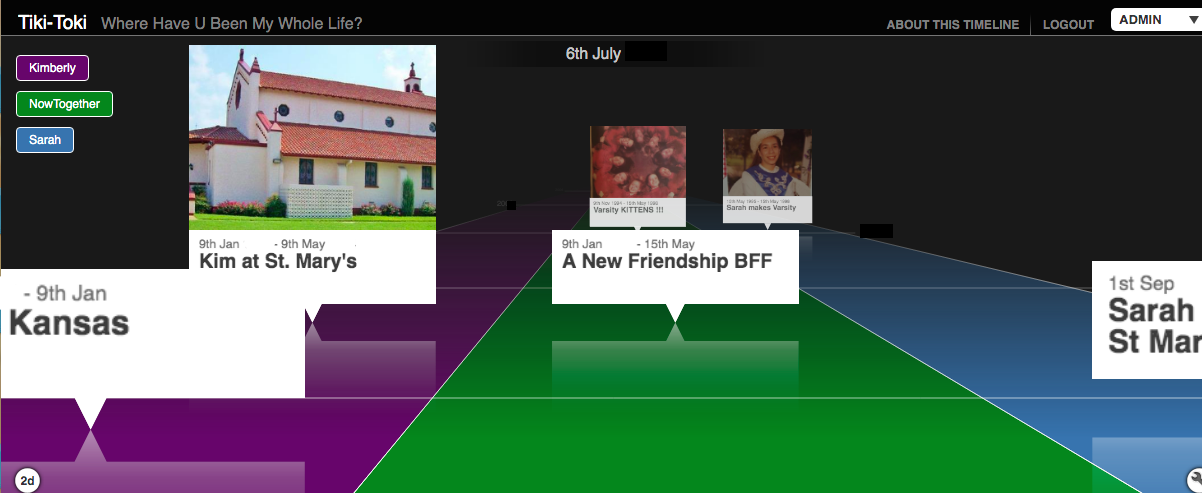Background
The use and influence of social media for personal benefit has been increasing from the time it was first presented. With the rise of these platforms and using digital means of storing memories to be shared, the criticism over what many consider negative practices has been gaining momentum. This does include the storage of time and location data of users when they interact with their present source of entertainment. The accuracy of these pieces of data are terrifyingly amazing.
The dangers of time and location data storage are sadly not diffcult to ponder. Personal and critical locations have the potential to be accessed by a multitude of persons. There are risks of stalking, abuse, unwanted advertisments or sharing. More and more platforms have been adding extra privacy steps like the option to "turn off" location storage manually, but not having knowledge of this means data is still getting gathered without continued consent.
The topics of stalking and abuse are fragile and frightening. Not to mention sensitive. In order to raise awareness of potential dangers of having locations "turned on" in respective digital platforms, the project team would like to twist the narrative in a more positive light before it gets to sensitive topics. The ideal of the project team is to create a presentation where users would consentually give permission to have their location and time data obtained from the social media platforms the user decides and create a timeline of the locations in the user's life in respect to another. This would answer the question "Where have you been all my life" as the display also indicates when two users have been closest with or without knowing it. While this tale is to draw people into what the project team is doing, it will not be forgotten that the potential of harm from this data storage is real and will be shared to those who choose to participate and listen. With hope, the usage of data mining and creative display will educate people about what they might be unknowingly consenting to while online.
